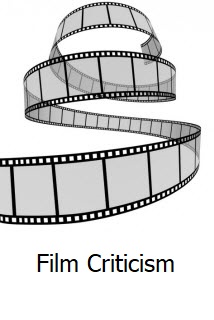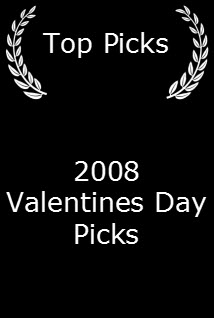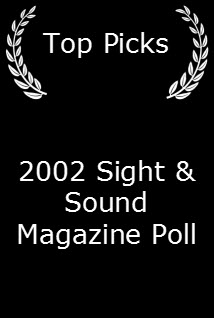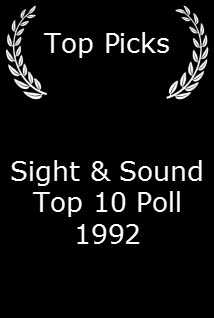Nouvelle Vague (2025)


Content by Tony Macklin. Originally published on November 16, 2025 @ tonymacklin.net.
Nouvelle Vague (now on Netflix) is a marvelous leap back into the past. Director Richard Linklater transports us to 1959 France and imagines the experience of Jean-Luc Godard making Breathless (A Bout de Souffle).
It was a 20 day shoot by a man who had never made a feature film before. Linklater is able to capture a time and place that is gone forever.
It was a time when most film was considered only escapist fare. But the French had other ideas. The critics writing for Cahiers du Cinema were creating the New Wave.
Alfred Hitchcock was considered only a director of thrillers. But they recognized the layers in Hitch's work. They saw the potential of film being an art form.
Film was taught at very few schools -- USC, UCLA, NYU. Later when I started teaching film in the English department at the University of Dayton, grads complained that film should never be taught. It didn't belong in the same universe as Shakespeare.
I was able to create Film Heritage, which lasted for a dozen years and became an international film journal.
I'm not much of a fan of Linklater, but with panache in Nouvelle Vague he nails a world I knew. I grew up at a time in which film was personal and took risks. He captures that world. It doesn't exist today.
I was never a devotee of Godard. I preferred Francois Truffaut, and his Jules et Jim (1962) is on my top ten of all time. But I recognized how much Godard was a gifted iconoclast.
Nouvelle Vague begins with the 25 year old Godard frustrated by the fact that he was the only one of the major critics at Cahiers du Cinema who hadn't made a feature. Truffaut's The 400 Blows (Les Quartre Cents Coups) had just been shown at Cannes and was being celebrated. "I'm the last one at Cahiers to direct," he complains. He embarks on making a film totally on his own terms.
Using a story by his friend Truffaut, Godard writes his own screenplay as he's making his film. He only seems to write if the spirit moves him.
He cast Jean-Paul Belmondo, as his lead. Belmondo had never acted in a feature. He is able to get Jean Seberg, an accomplished American actress, through the efforts of her husband. Much of the dialogue is made up by Godard on the spot, which baffles and frustrates Seberg, but that's his style.
He doesn't care about continuity or rules. "I understand the rules, but I don't care," he says.
Linklater in Nouvelle Vague does some clever things. His film is in black and white and is in French with subtitles. That helps create a mood that may be difficult for the viewer but is credible and has charm.
Linklater also makes a smart choice when he casts Godard with Guillaume Marbeck, an actor who has never appeared in a feature before. And Aubry Dullin, who never played in a theatrical feature, portrays Belmondo. He may lack some of Belmondo's sexiness, but he is effective. Zoey Deutch is wonderful as Seberg.
The screenplay in Nouvelle Vague is credited to 3 writers -- 2 of them female -- Holly Gent, Vincent Palm, Jr., and Michelle Petin. It's an intelligent screenplay, using quotes from de Vinci, Gauguin, Rossellini, et al.
Jean-Luc Godard died in September 2022, at the age of 91 of assisted suicide, which is legal in Switzerland.
A time, place, and style went with him. Thanks to Richard Linklater we have a homage to them.







